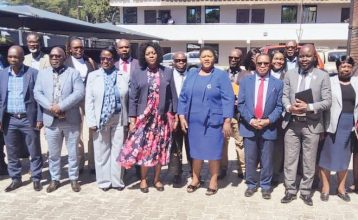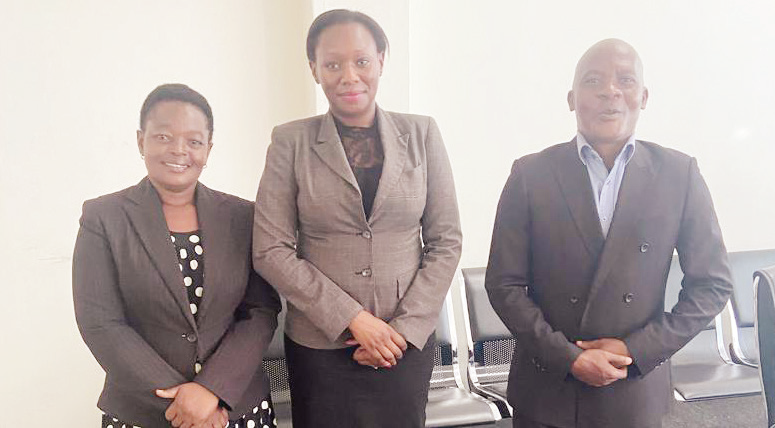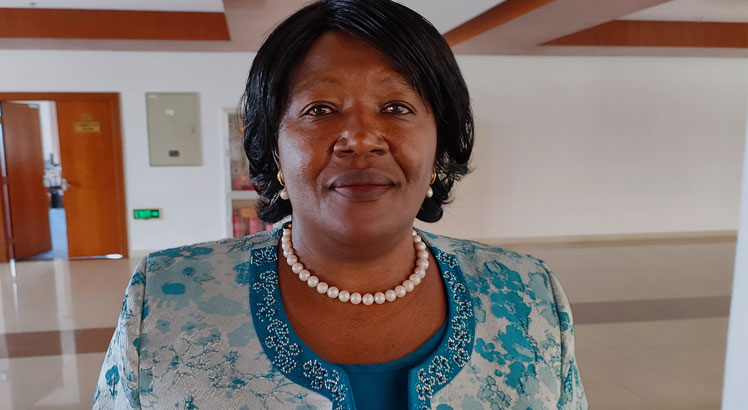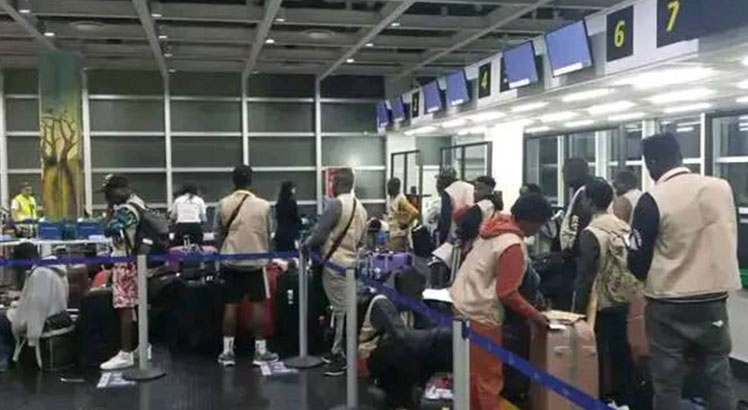Ambulances grounded
Government has not funded councils for other recurrent transactions (ORT) and general resource fund (GRF) for two months, crippling most councils’ operations, Weekend Nation has learnt.
Malawi Local Government Association (Malga) executive director Hadrod Mkandawire confirmed the development in an interview on Thursday while government said the problem is a result of a new funding system, which aims at protecting public funds.
Mkandawire said all councils did not receive funding July and August, “which has affected critical areas of operation as well as governance matters”.
“Some districts have grounded ambulances, some have had to reduce their fleet while others have completely halted the fleet and only run ambulances in emergencies and critical cases,” he said.
In the 2023/24 National Budget, government allocated K48.4 billion for local councils’ ORT, translating to about K4 billion per month for all councils.
Mkandawire lamented that the funding crisis has heavily affected the health sector as district hospitals and other health facilities use the same money for their operations.

“Hospitals pay for electricity, water bills and run ambulances and other vehicles using the ORT,” he said.
Mkandawire said only a few councils with a wide base of local revenue generation have managed to pay councillors’ honorarium.
In random interviews, officials from various councils have confirmed that the funding crisis.
Speaking on condition of anonymity, one official said councils are struggling to fuel vehicles for operations.
Another official wondered how government is failing to provide funds for councils’ ORT, which is critical for their operations, but is readily providing fund for constituency development fund (CDF) and district development fund (DDF).
The source said: “It is difficult to implement services or projects without ORT. For salaries, people are paid centrally so there is no problem on the part of salaries. What has been a challenge is the ORT.”
In an interview, Minister of Finance and Economic Affairs Sosten Gwengwe attributed the delays to a new funding system, which he said is aimed at protecting public funds.
“The new PFM [public finance management] has introduced stringent measures, closing loopholes,” said Gwengwe, but fell short of indicating when the problem will be rectified.
Meanwhile, various commentators have weighed in their specific areas related to the matter.
Governance expert Moses Mkandawire expressed worry over the development, stressing that with decentralisation, councils manage various programmes or services that support rights of citizens and failure to provide resources affects and violates rights of the people.
“Malawians’ rights are being affected as the funding challenges are affecting the health sector, education and others. Government is violating those rights,” he said.
Mkandawire further feared that such funding challenges have potential to promote corruption but, also, force councils to draw money from projects and use for ORT. He said in the end projects will suffer and councils will be suspected of stealing money.
Youth and Society executive director Charles Kajoloweka also lamented that rights of citizens are affected when councils are not able to properly deliver services to them.
“Government should explain why councils can go for two months without ORT. Otherwise, we are putting delivery of services to masses at risk,” he said.
And Health Rights Education Programme executive director Maziko Matemba feared that provision of quality health care is being jeopardised due to lack of funding for ORT.
“Without resources, cleanliness in hospitals is also compromised. This has potential to spread diseases and put lives at risk,” he said.
On his part, Malawi Health Equity Network (Mhen) executive director George Jobe said hygiene, operation of ambulances and electricity and water bills in hospitals are covered through ORT and without that it will be very difficult for hospitals to provide services.
“It is something that needs to be rectified and avoided. We always say that when there are funding challenges, the health sector must be prioritized, because we are talking about lives,” he said.
Budget and Finance Committee of Parliament chairperson Gladys Ganda did not pick up her phone, but the committee’s vice-chairperson Ismail Mkumba said it is unfortunate that councils can operate for two months without being given ORT.
However, he said he was not surprised by the development, saying that government is going through financial challenges.
“We need to rectify the problem. We need to find better solutions. We lose a lot of money through tax evasion. Our borders are porous,” said Mkumba, whp promised raise the matter when the committee meets so that it can engage government for an explanation.
In the 2023/24 Financial Year, Treasury has allocated K488.1 billion to local councils. The allocation comprises K379.2 billion for Personal Emoluments, K60.4 billion for Development Projects and K48.4 billion for ORT





